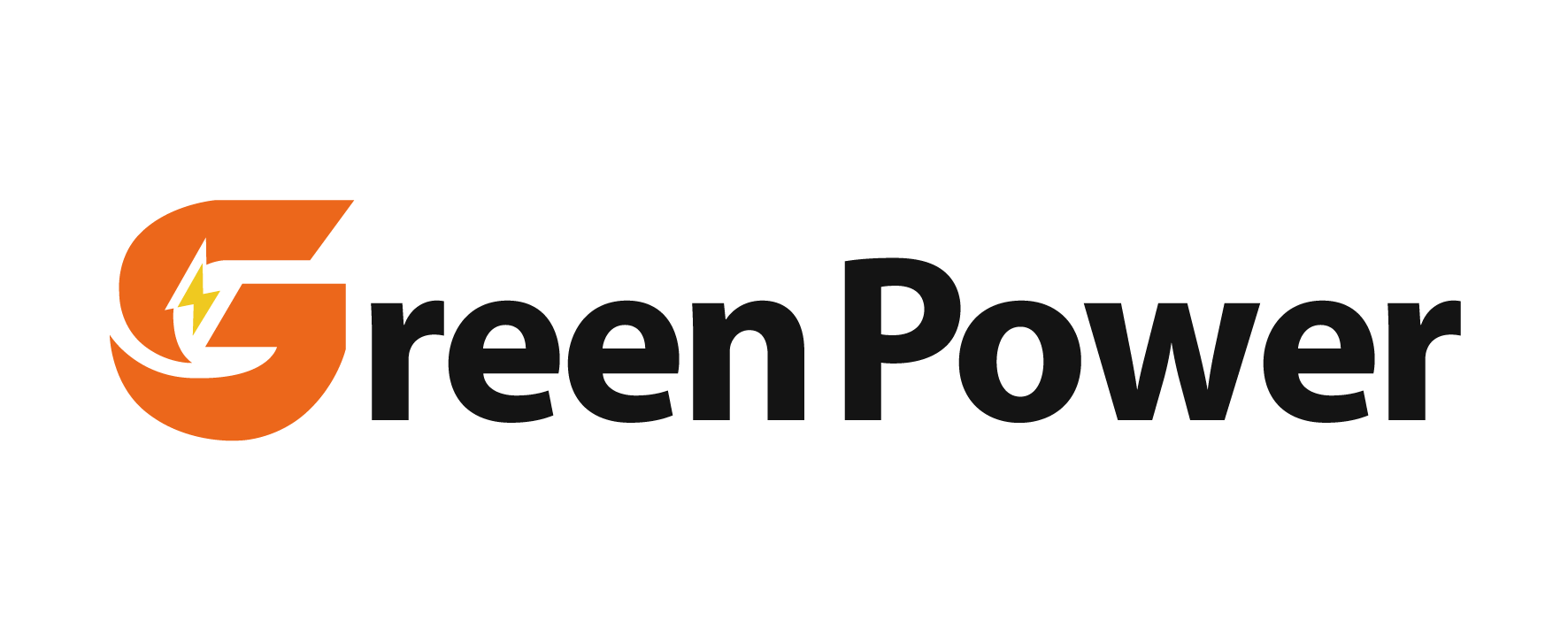electric power storage systems
Electric power storage systems represent a revolutionary advancement in energy management, serving as crucial infrastructure for modern power distribution and renewable energy integration. These systems capture electrical energy during periods of excess production and store it for use during peak demand or supply shortages. The technology encompasses various solutions, from traditional battery systems to advanced chemical storage methods, providing essential grid stability and power reliability. Modern storage systems utilize sophisticated power electronics and smart control systems to manage energy flow efficiently, allowing for seamless integration with both conventional power grids and renewable energy sources. The systems can range from small-scale residential units to massive utility-grade installations, offering scalability to meet diverse energy needs. They incorporate advanced monitoring capabilities, thermal management systems, and protective mechanisms to ensure safe and efficient operation. These storage solutions play a vital role in supporting renewable energy adoption by addressing intermittency issues and enabling effective power management across different time scales, from seconds to seasons.



